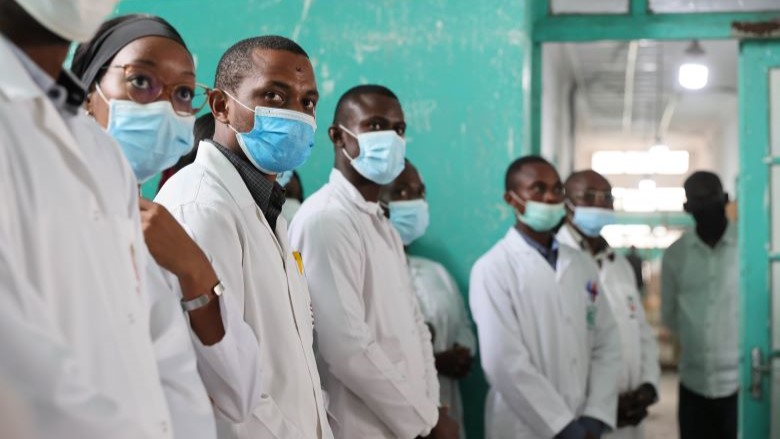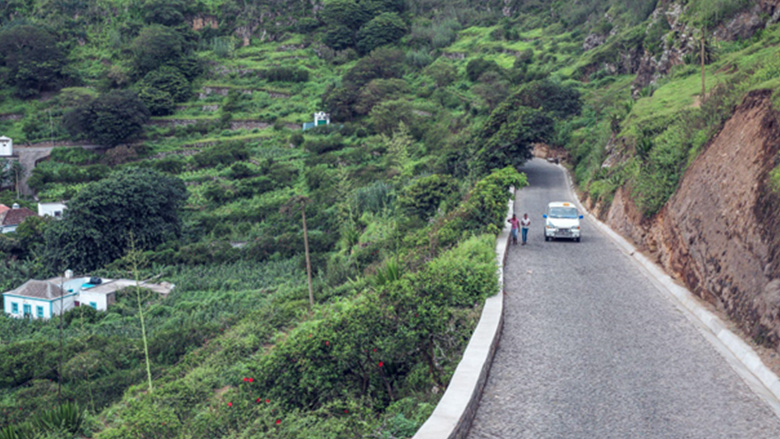Online Media Briefing Center (OMBC) news for accredited journalists
Highlights

Around the world, the digital divide remains a pressing challenge, with 2.6 billion people still offline and many more lacking reliable, affordable connectivity and the skills needed to participate in an increasingly digital world.

Domestic food price inflation remains high in many low-income countries. Information from the latest month between November 2024 and February 2025 for which food price inflation data are available shows that inflation higher than 5% is experienced in 78.9% of low-income countries (5.2 percentage points higher since the last update on February 14, 2025), 50% of lower-middle-income countries (2.2 percentage points lower), 34% of upper-middle-income countries (2.0 percentage points lower), and 10.9% of high-income countries (4.8 percentage points lower).

Developing economies—which fuel 60 percent of global growth—are projected to finish the first quarter of the 21st century with the weakest long-term growth outlook since 2000, according to the World Bank’s latest Global Economic Prospects report.

: Interested countries, Regional Entities, and Implementing Entities will be able to submit proposals through an online portal starting in March 2025. The third Call will be launched in two phases—the first phase will be open to single and multi-country proposals in March 2025; the second phase will open in June 2025 to Regional Entity proposals.

Road safety financing faces a critical shortfall, hindering progress toward halving global road traffic fatalities and injuries by 2030. Each year, road crashes claim an estimated 1.19 million lives, leave countless others with permanent disabilities, and impose significant economic costs.

The Dar es Salaam Energy Declaration, endorsed at the Mission 300 Africa Energy Summit, represents a key milestone in addressing the energy gap in Africa, where more than 600 million people currently live without electricity.

Alongside this record-breaking financing, the World Bank is introducing a simpler, faster, and more agile IDA, reducing policy commitments and metrics by half, giving clients more freedom to prioritize and shape their development.

The money saved by replacing expensive debt with cheaper financing will be used to improve education across the country. This will be the first debt-for-development swap of its kind supported by the World Bank Group.




